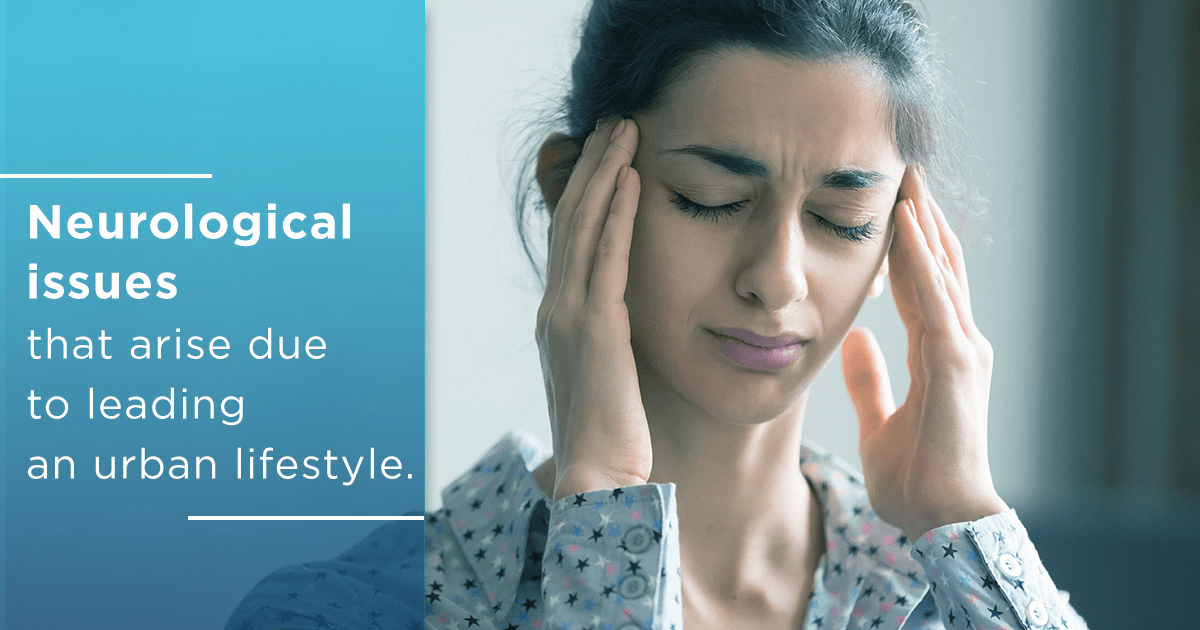Neurological issues that arise due to leading an urban lifestyle

The term “neurological disorder” applies to any condition that is caused by a dysfunction in part of the brain or nervous system, resulting in physical and/or psychological symptoms. All neurological disorders involve the brain, spinal column or nerves. Symptoms depend on where damage occurs. Areas that control movement, communication, vision, hearing or thinking can be affected.
Neurological disorders are wide-ranging. They have various causes, complications and outcomes. Many of these disorders result in additional needs requiring life-long management.
Here is an excerpt from a video interview of Dr M Gopi Srikanth, Consultant Neurologist, OMNI Hospitals, Kukatpally on neurological disorders and how they affect the human body.
Q. What are the different types of headaches?
A. Tension headache is a common type of headache that people get. It is nothing but a
deviation from the regular lifestyle which stresses them out hence resulting in a headache.
The second most common headache is a migraine headache. When exposed to extreme hot or cold weather, lack of sleep, or harsh conditions it results in migraine headaches.
Next is the secondary headaches which are caused by neck discomforts, spondylitis,
infections, sinus.
Lastly, there are the red flag headaches which may be caused by tumours.
Q. Do people get headaches genetically?
A. In some cases, parents transfer traits genetically to the children. Although the more major causes of headache are irregular lifestyle, unhealthy food and sleep patterns result in headaches.
Q. Can smoking cause headaches?
A. Of course. Excessive smoking and retrieval of smoking can cause headaches.
Q. What are the causes that trigger migraine headaches?
A. Stress, head bath, excessive heat, skipping meals, allergic foods may trigger headaches.
Q. What are the precautions we can take to avoid headaches?
A. By practising a disciplined lifestyle, taking our food on time, exercising regularly, doing yoga like ‘pranayama’, sleeping on time can help avoid headaches.
Q. What is peripheral neuropathy disorder?
A. Peripheral neurology disorder is a problem in the nerves, especially the upper limb and lower limb excluding other than the nerves in the spinal cord.
Q. What are the types of peripheral neuropathy disorder?
A. Peripheral neuropathy can be of the following types:
a. Sensory neuropathy-
b. Motor neuropathy
c. Autonomic neuropathy
Sensory nerves are responsible for the sensory actions of the body while motor nerves are responsible for the movements of the body. Autonomic nerves are responsible for body functions such as respiration, digestion, excretion etc. that occur without our knowledge.

Neurologist
